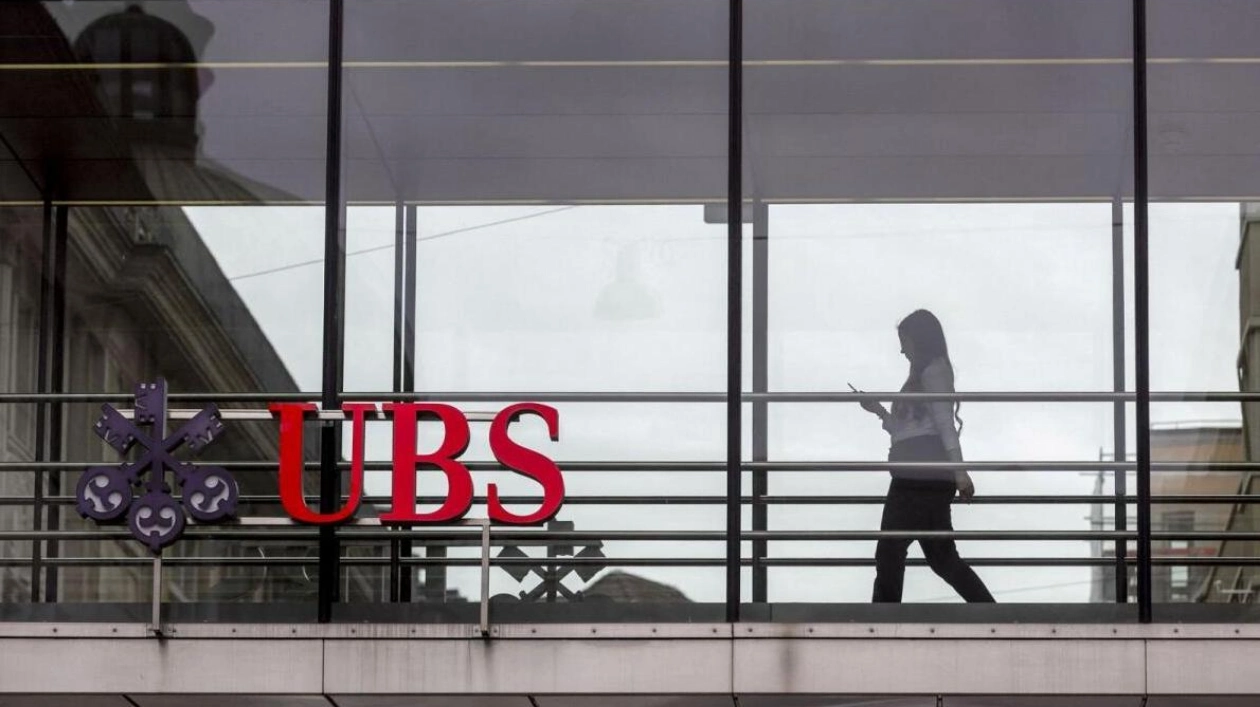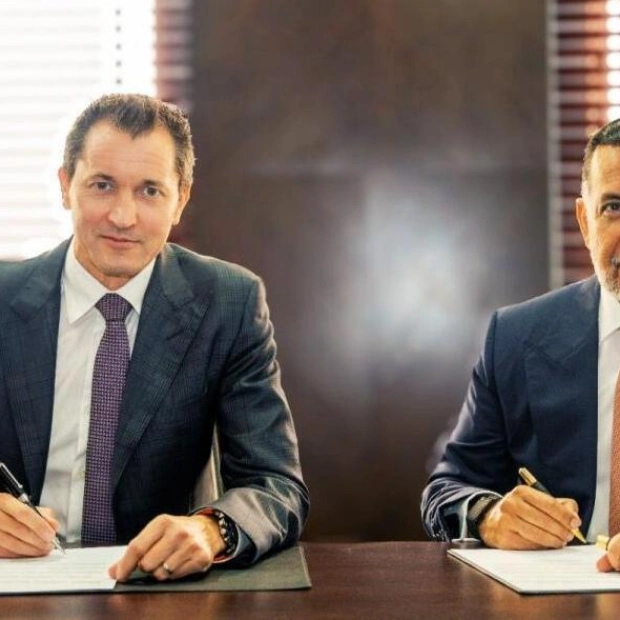In 2023, Switzerland witnessed an increase in the disparity between the earnings of its highest- and lowest-paid workers, with top managers making, on average, 143 times more than their lowest-paid counterparts, as revealed by a study from trade union Unia released on Monday.
This pay gap has expanded from 139 times in 2022, according to the study, with UBS, the nation's largest bank, exhibiting the most significant differential. The bank's compensation has sparked political discourse, particularly after Swiss Finance Minister Karin Keller-Sutter criticized UBS CEO Sergio Ermotti's 2023 remuneration of 14.4 million Swiss francs ($16.99 million). UBS defended its pay structure, stating that it aligns with market standards based on role, experience, and location, and has raised salaries for employees in Switzerland, including those in middle management, by 2.25%, a slight increase over the financial sector average.
Novartis and Nestle ranked second and third, respectively, in terms of salary gaps, though neither company responded promptly to inquiries. Comparatively, in the UK, the median FTSE 100 CEO earned 120 times the national median salary in the previous year, according to the High Pay Centre.
Unia noted that the Swiss pay gap is at its peak since 2019, when CEO salaries were 148 times higher than the lowest. Unia economist Noemie Zurlinden highlighted the growing chasm between the highest and lowest earners, despite companies' financial capabilities to increase wages. She also pointed out that while top earners benefit, the spending power of those with low and middle incomes is diminishing due to stagnant real wages and inflation.
Zurlinden argued against the excessive earnings of CEOs compared to ordinary workers, emphasizing the need for a fairer redistribution of economic gains, especially in the context of rising living costs.






